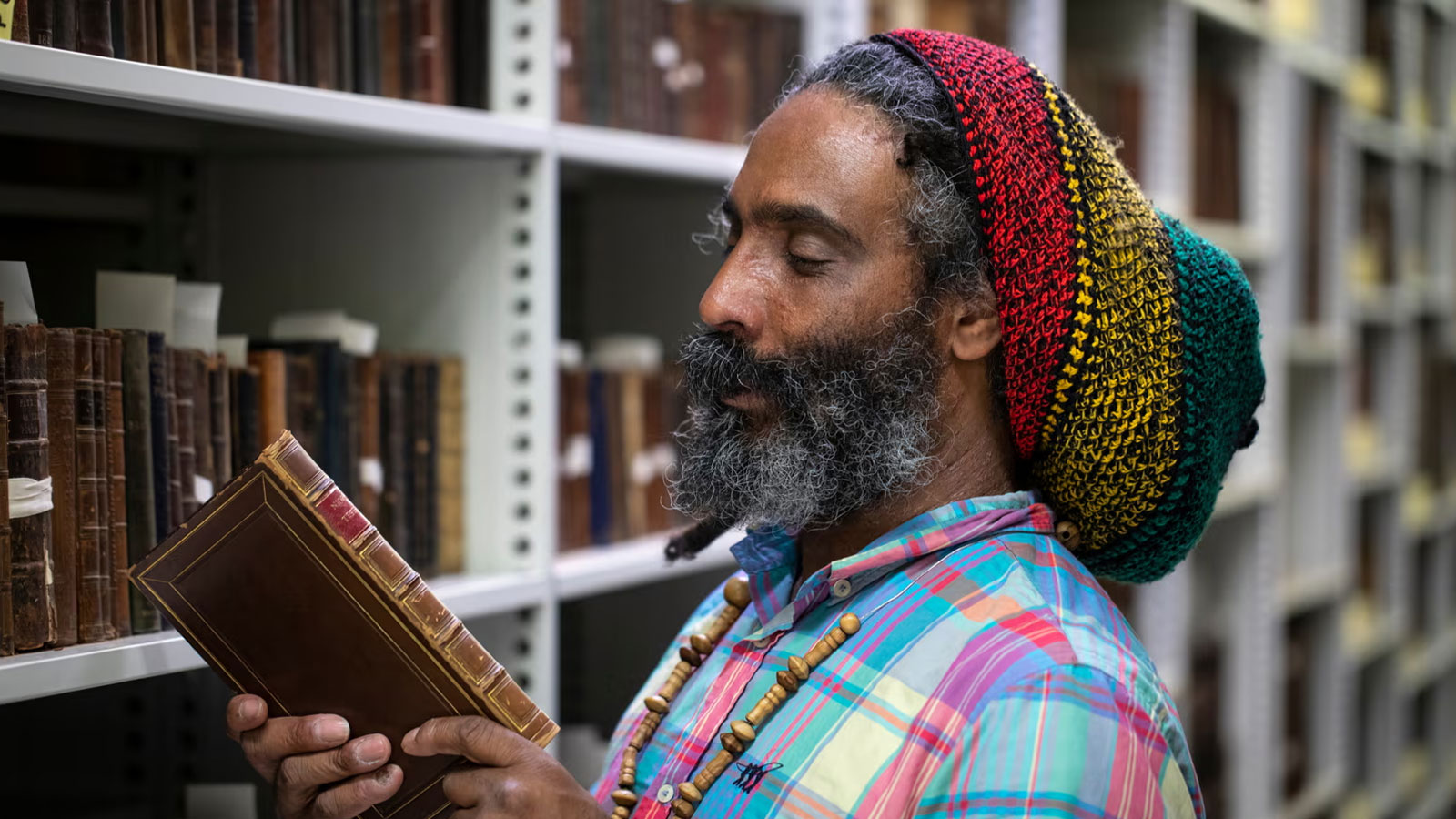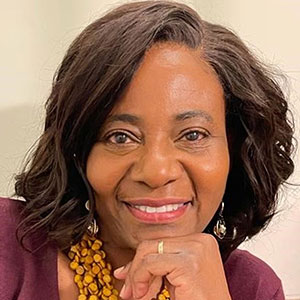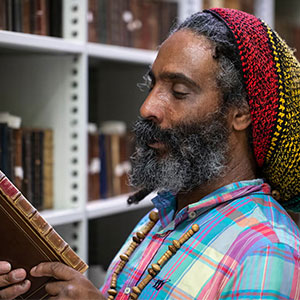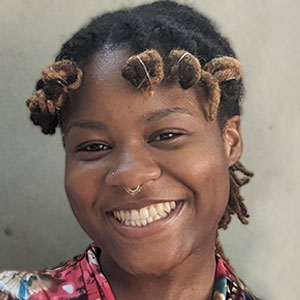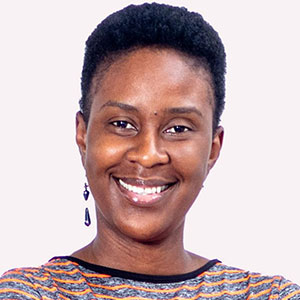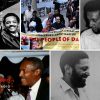Partnership between Glasgow University and University of the West Indies was established as part of a reparative justice programme.
By Sally Weale, The Guardian —
The world’s first master’s degree in reparatory justice has been launched by Glasgow University, in partnership with the University of the West Indies (UWI), as the global campaign for financial reparations for transatlantic slavery gathers momentum.
Glasgow is one of a number of universities to have researched the extent to which they were funded by or supported slavery.
A year-long study established that although the university took an anti-slavery position during the 18th and 19th centuries, it benefited from the equivalent of tens of millions of pounds donated from the profits of slavery.
The degree was established as part of a reparative justice programme at Glasgow, and the first cohort of students – nine in total, some of whom are based in the UK and some in the West Indies – began their studies this week.
The UWI is a world-leader in academic research underpinning claims for reparations for slavery. The course will focus on the Caribbean but will also draw on case studies of campaigns for reparative justice elsewhere in the world.
Dr Christine Whyte, a lecturer in global history and co-founder of the Beniba centre for slavery studies at Glasgow University, said: “Claims for reparations for historical slavery have never been more prominent and never been closer to success.
“What our programme aims to do is uncover and explore the historical legacies that led to these claims, investigate the different legal, political and social means of making those claims, and give students the skills to go out into different workplaces and try to redress historical injustices.”
Cordelia Asmoah, who will be studying at Glasgow, said: “Finding solutions to repair the negative impacts of slavery that continue to plague society is critical to the progress of humankind. I therefore feel both privileged and excited to be in the first cohort for this important and groundbreaking programme.”
- Cordelia Asmoah, who will be studying at Glasgow. Photograph: University of Glasgow
- Graham Campbell, a Glasgow councillor, is a student on the course and was one of three advisers to Glasgow’s history of slavery report.
- Jheanelle M Owens will be based at the UWI Mona campus in Jamaica. Photograph: UWI
- Vakeesha John, who will be studying the course at the UWI Cave Hill campus in Barbados. Photograph: DDA/UWI
Fellow student Graham Campbell, a Glasgow councillor, veteran political campaigner and community activist, was one of the three advisers to Glasgow’s history of slavery report. “I am looking forward to hearing about the international legal jurisprudence and discussion on the human rights dimension of the case for reparatory justice,” he said.
Jheanelle M Owens will be based at the UWI Mona campus in Jamaica, which still bears the marks of a place steeped in plantation history. “The case for reparations has become severe, and this programme is so timely. This master’s programme gives me hope that we are moving in the right direction as a global community,” she said.
Vakeesha John, a fellow student enrolled at the UWI Cave Hill campus in Barbados, likened her personal journey as a Black Caribbean woman to the process for making coconut milk. The coconuts are grated, diluted then squeezed.
“The juice separates itself into a filtered form, taking most of the nutrients of the coconut, and the residue remains, drained of its richness and, in most cases, is simply discarded. This reminds me of the journey of the Black, enslaved man and woman.
“Our riches, our culture, our strength were squeezed out of us; we’ve been drained of our very essence, our social and spiritual nutrients. And the residue that most of our societies have to deal with contains poverty, a lack of awareness, illiteracy, a feeling of inferiority, inequalities.
“I have experienced this, and my goal is to empower myself with knowledge to better edify my people through activism, writing and teaching, and to fight for us to get back to our purest form.”
Last month the UN published a report calling on countries to consider financial reparations for transatlantic slavery. Campaigners hailed the report as a significant step forward.
Source: The Guardian
Featured image: Graham Campbell, a Glasgow councillor, is a student on the course and was one of three advisers to Glasgow’s history of slavery report. Photograph: Martin Shields

